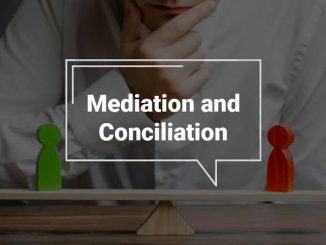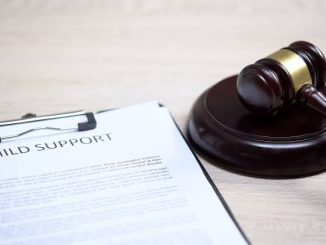
Final Order Divorce: A Guide to Closure and Resolution
Final Order Divorce Final order divorce signifies the legal termination of a marriage and establishes the terms of the divorce settlement, including matters such as […]

Final Order Divorce Final order divorce signifies the legal termination of a marriage and establishes the terms of the divorce settlement, including matters such as […]

Mediation and Conciliation Mediation and conciliation are both effective methods for resolving disputes, but they differ in their approach and level of third-party intervention. When […]

Vision Canada Immigration Vision Canada immigration aims to create a welcoming and inclusive society that harnesses the talents and diversity of immigrants to drive economic […]

Divorce Rapaide Divorce rapaide seems to be a term that merges “divorce” with “rapide,” which translates to “rapid” or “fast” in French. It likely denotes […]

Shakira’s Divorce Shakira’s divorce from Gerard Piqué marked the end of an era in the couple’s decade-long relationship, sparking conversations about love, resilience, and new […]

Beyoncé and Jay-Z’s Affair Beyoncé and Jay-Z’s affair rocked the entertainment world when Jay-Z publicly admitted to infidelity in their marriage, prompting widespread speculation and […]

Child Support Laws in Maryland One crucial aspect of family laws in Maryland is child support, ensuring that children receive the financial support they need […]

Miley Cyrus’s Divorce Miley Cyrus’s divorce from Liam Hemsworth highlighted the challenges and complexities that can arise in even the most high-profile relationships. In the […]

Girlfriend’s Guide to Divorce Girlfriend’s guide to divorce offers insightful tips on navigating the complexities of ending a relationship with grace and self-respect. Divorce is […]

Divorce Care Divorce care involves prioritizing self-care as a fundamental aspect of navigating the emotional complexities of ending a marriage. The process of divorce can […]
Copyright © 2024 | Crafted by Team NCLawyersForYou